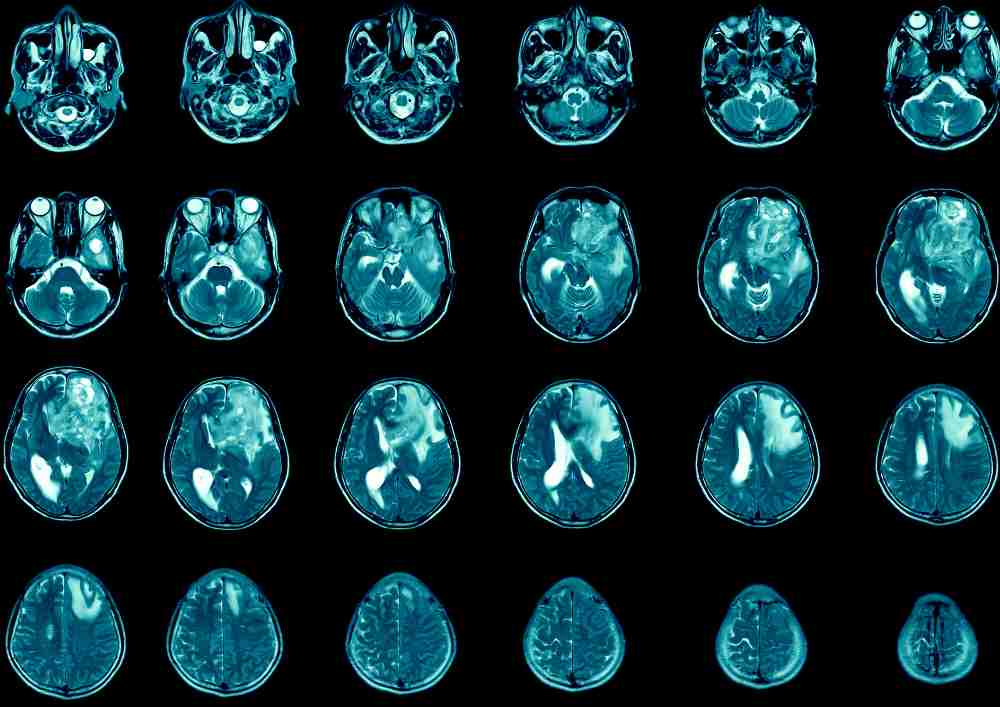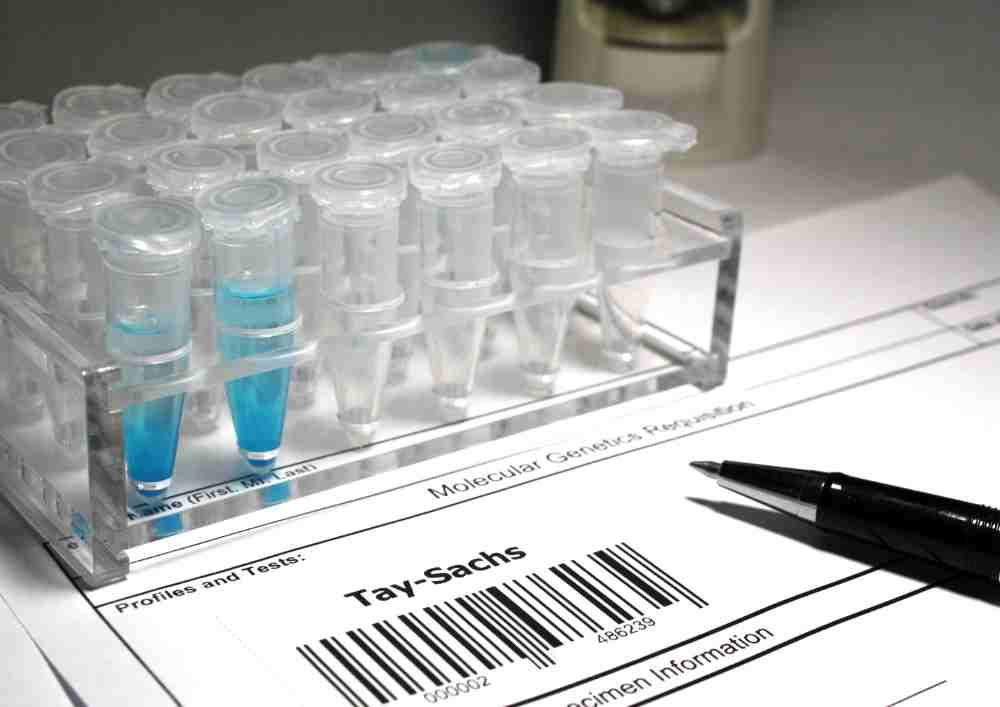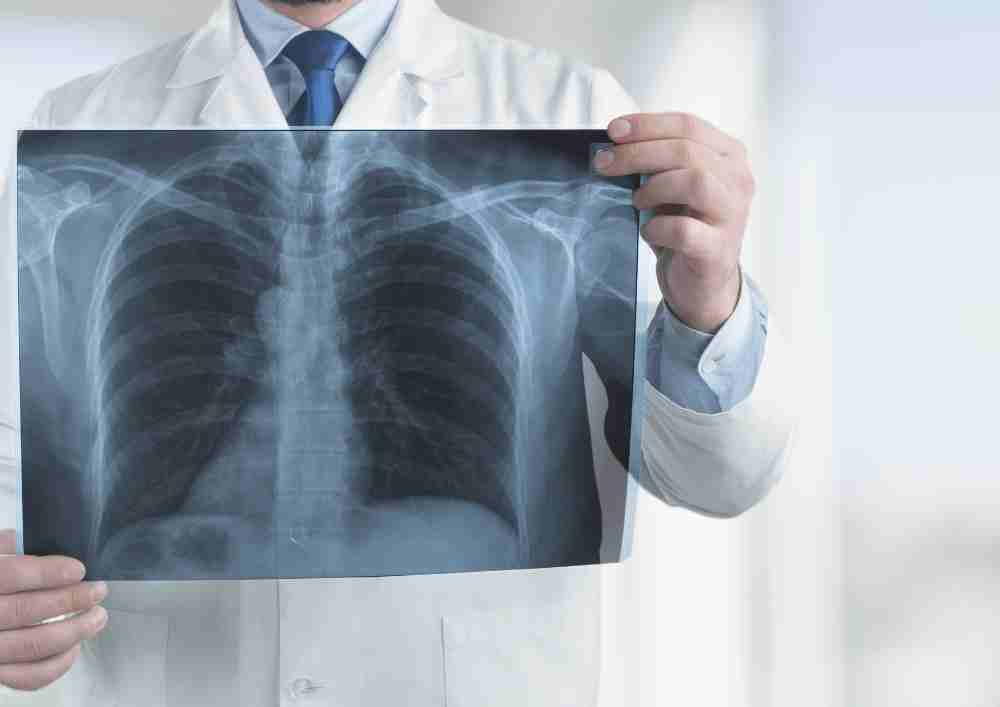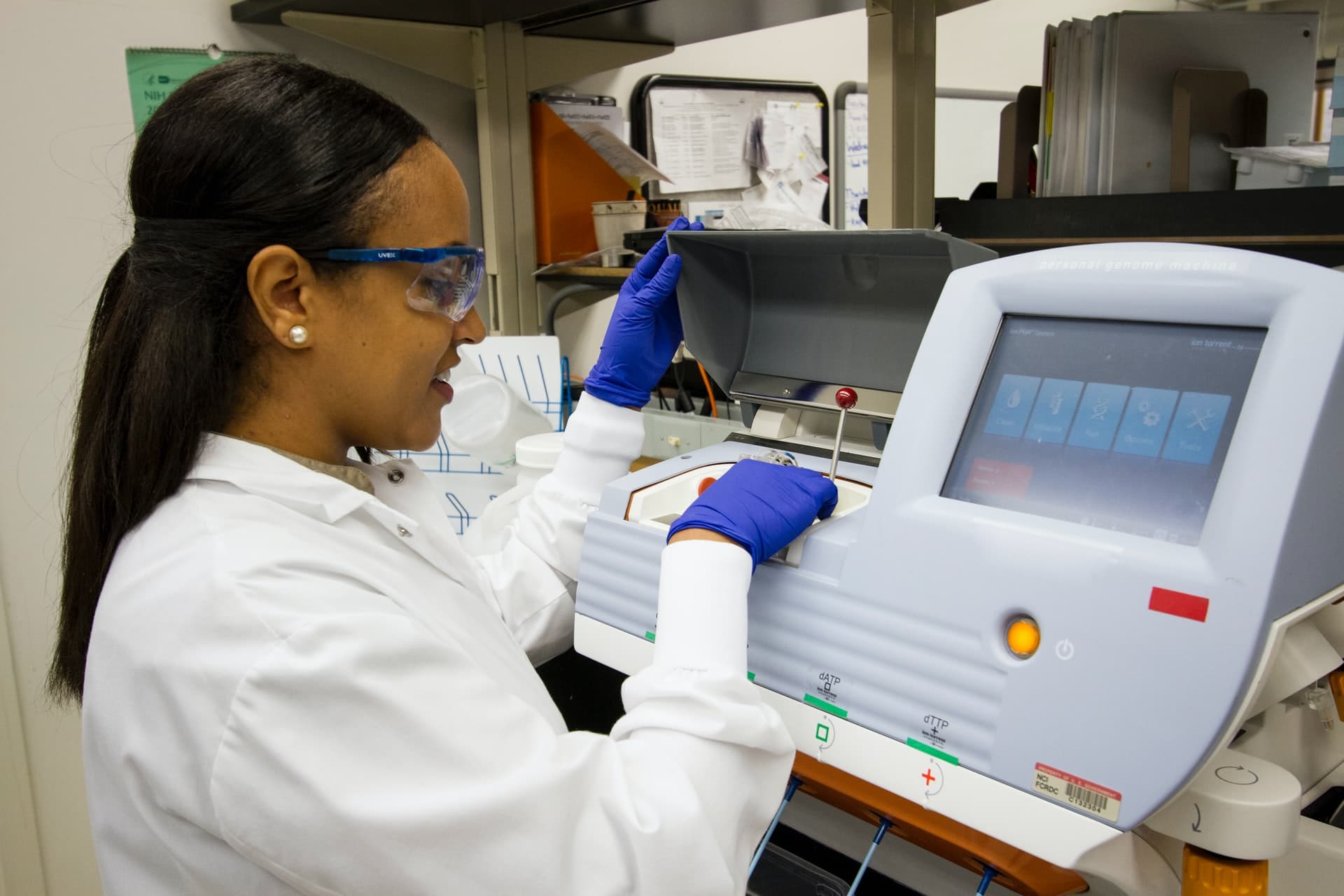Biotechnology
Learn and explore science that has revolutionized human life on everyday level.
Curriculum : Course Code: AT-017
Highlights
- •Understand how recombinant DNA technology enabled Insulin production in living bacteria.
- •Different fields of biotechnology
- •RNA based technology, example: Vaccine production in record time
- •Immune technologies to treat array of diseases
- •Cell culture technology
Introduce topics & technologies like
- •Nanobiotechnology
- •Genomics and gene expression
- •Recombinant Proteins
- •Protein engineering
- •Environmental biotechnology
- •Synthetic biology
- •Cyborgs
- •Transgenic Animals and plants
- •Gene therapy for inherited disease
- •Forensic biology
- •Bioethics
Career counseling about an increasingly wide range of available careers, including research (academic & Pharmaceutical company based), teaching, Medical practitioners, to name a few.
We will further discuss new career profiles in the field of biotechnology with industry professionals.
Research Outcomes & Academic Impact
Scientific Poster
Students learn to make high quality science posters & hone their presentation skills.
Research Report Manuscript
Learn to draft scientific write-ups with clear and convincing narratives.
Certificates
Outstanding students also get opportunities for long-term projects with mentors.
Recent Student BioTech Projects
Oncolytic Viruses in Glioblastoma
https://elioacademy.org/gautham-anand

Gautham Anand
(CS Academy International)
Oncolytic virotherapy is a novel treatment for glioblastoma (GBM), which is a highly aggressive brain cancer with limited treatment options and poor survival rates. GBM is characterized by its genetic and epigenetic heterogeneity, which contributes to resistance against conventional therapies like chemotherapy and radiation. The study focuses on Delytact, an oncolytic virus derived from the herpes simplex virus, which selectively infects and destroys cancer cells while sparing healthy ones.
Lysosomal Storage Disease : Tay Sachs
https://elioacademy.org/diksha-dinesh-kumar

Diksha Dinesh Kumar
(Edison High School)
Tay-Sachs Disease (TSD) is a severe, autosomal recessive genetic disorder that primarily affects the central nervous system (CNS) by causing the destruction of nerve cells. As a form of lysosomal storage disease, TSD is caused by mutations in the HEXA gene, which encodes the enzyme hexosaminidase A. This enzyme is crucial for breaking down fatty substances in the body, specifically gangliosides, within the CNS.
Coronary Heart Disease
https://elioacademy.org/almari-rheeder

Almari Rheeder
(Beijing City International School)
Coronary heart disease is a disease in which fatty deposits made up of cholesterol and other cellular materials (plaque) accumulate inside the coronary arteries on the surface of the heart, leading to the narrowing of the arteries." (World Health Organization) It is the most common heart disease in the United States of America.
Atrial Septal Defect
https://elioacademy.org/kirthi-gopinath

Kirthi Gopinath
(Mission San Jose High School)
Congenital Heart Defects (CDHs) are present at birth and affect the structure of a baby's heart as well as its function. One specific CDH, Atrial Septal Defect (ASD), causes a hole to form in the septum that divides the right and left atria. This hole causes irregular blood flow by allowing blood from the left atrium to flow to the right atrium
Function of BRCA1 and Role in Increasing Breast Cancer Risk
https://elioacademy.org/rishika-banthia

Rishika Banthia
(Dublin Scioto High School)
BRCA1 gene plays a critical role in DNA repair and its impact on breast cancer susceptibility. BRCA1 is a tumor suppressor gene involved in repairing double-strand DNA breaks, crucial for maintaining genomic stability. Mutations in BRCA1 significantly elevate the risk of developing breast cancer, particularly the aggressive triple-negative subtype, which lacks targeted treatment options. Women with harmful BRCA1 mutations face a 55%–72% lifetime risk of developing breast cancer
Acute Myeloid Leukemia
https://elioacademy.org/chance-white

Chance White
(Saint Ignatius College Preparatory)
Acute Myeloid Leukemia (AML) is an aggressive cancer of the blood and bone marrow which inhibits normal hematological development. The disease is characterized by abnormal proliferation of premature white blood cells known as myeloid cells. The uncontrolled colonial expansion of myeloid cells inhibits healthy red blood cell division in patients.
Genetic Mutations in Cystic Fibrosis
https://elioacademy.org/ishan-iyer

Ishan Iyer
(International Academy East)
We explore the genetic basis of Cystic Fibrosis (CF), a life-threatening inherited disorder caused by mutations in the CFTR gene. This gene mutation affects the transport of chloride ions across cell membranes, leading to the production of thick, sticky mucus that primarily impacts the respiratory, digestive, and reproductive systems. The project details the different classes of CFTR mutations, each with varying effects on the production and function of the CFTR protein.
Hemophilia A: The Royal Disease
https://elioacademy.org/margarita-cham-beatrice-fernandez

Margarita Cham & Beatrice Fernandez
(Chinese International School Manila)
Hemophilia A is a disorder characterized by a deficiency of the protein "clotting Factor VIII" in the bloodstream. This deficiency leads to prolonged bleeding following injuries such as tooth extractions, surgeries, and delayed or recurring bleeding during the wound-healing process. Hemophilia A is categorized into three main levels of severity: severe, moderate, and mild.
Cystic Fibrosis
https://elioacademy.org/jaein-kho-22

Jaein Kho,
(CIS)
Cystic Fibrosis is a genetic disorder that is caused by a mutation in the Cystic fibrosis transmembrane conductance regulator ( CFTR ) gene. Cystic Fibrosis is an autosomal recessive disorder; therefore in order for a patient to have CF, the patient has to have acquired at least one mutated CFTR gene from each parent whether homozygous or heterozygous.
Familial Mediterranean Fever
https://elioacademy.org/alicia-boubrit

Alicia Boubrit
(Walnut Hills High School)
Familial Mediterranean Fever, is one of the rarest inherited diseases to have spread throughout the Mediterranean area, specifically in the Middle East. It is an autoinflammatory genetic disorder that directly attacks the innate immune system by inhibiting any means for the immune system to protect itself. FMF is caused by a mutation in the gene MEFV, which codes for the protein pyrin.

Want to Work on Your Own Project?
Apply to ELIO mentored projects in Genetics, Neuroscience, Medical Data Science, Biochemistry,
